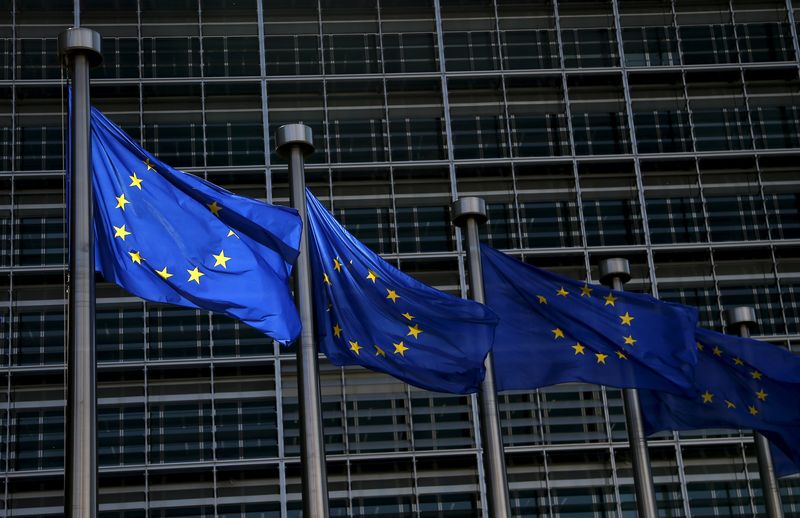LONDON (Reuters) - Britain should make it harder for companies to hire skilled workers from outside the European Union in order to boost the pay and training of local workers, advisers to the government said, prompting protests from employers groups.
The minimum salary for workers hired under the so-called Tier 2 visa programme should be gradually raised by almost 50 percent to 30,000 pounds ($42,477) a year, the Migration Advisory Committee (MAC) recommended on Tuesday.
The MAC also said companies should pay a new charge for hiring workers under the programme and the government should tighten the rules that allow companies to bring in non-EU workers who work for them in other countries in the bloc.
Immigration has become one of the most contentious issues in British politics.
Prime Minister David Cameron wants to cut net migration overall to the tens of thousands, a target which has proven far out of reach in recent years as workers from EU countries have flocked to take jobs in Britain's growing economy.
The Tier 2 visa programme accounts for only a small chunk of migration -- Britain issued 15,000 general Tier 2 visas in 2014 and allowed 36,500 intra-company transfers -- but businesses say it is essential for their ability to find skilled workers.
MAC chairman David Metcalf also recognised that Tier 2 workers raised tax revenues for the government. "But this should be balanced against their potential impact on the welfare of existing UK residents," he said.
Employers groups complained that the proposed changes would curb the ability of firms to grow, especially smaller ones.
"Global businesses have an expectation that they are able to move talent globally," Tim Thomas, head of employment and skills at EEF, a manufacturers' organisation, said.
"Restricting this reduces their ability to win and meet orders and subsequently damage their competitiveness. It also sends a signal to the rest of the world that UK is not an attractive place to invest and do business."
The MAC provides advice to Britain's interior ministry. An MAC spokesman said there was no schedule for the ministry to consider implementing its recommendations.
